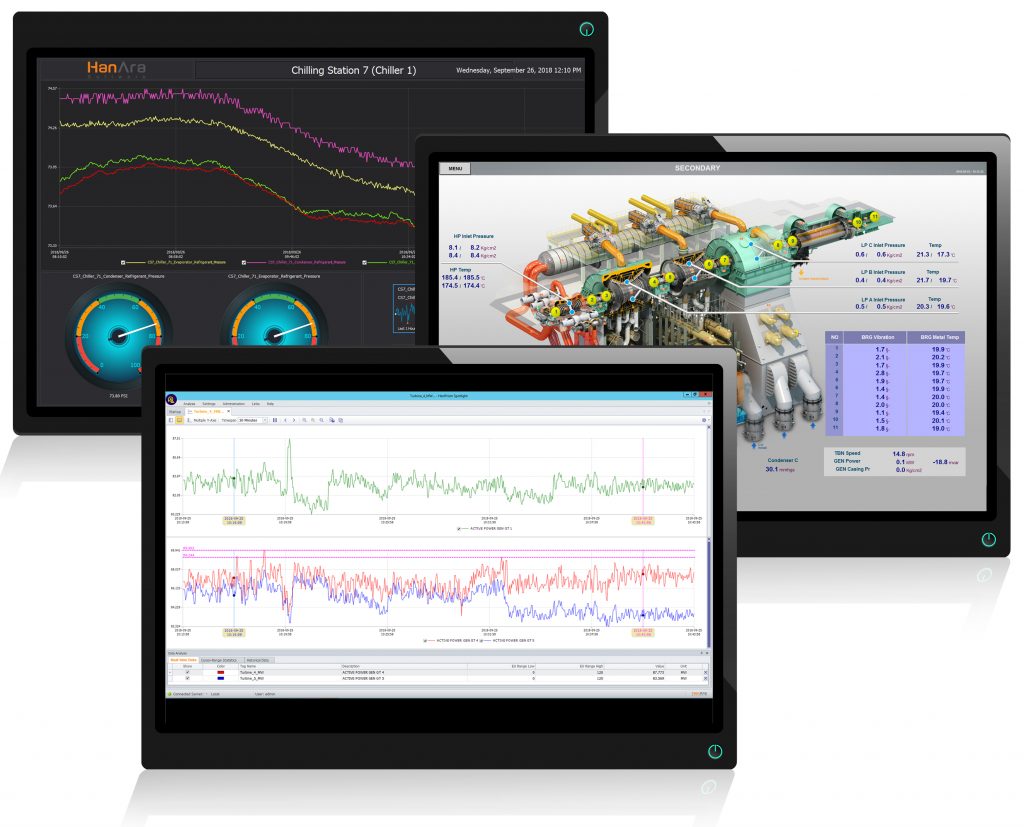The Benefits of Deploying an Advanced Data Historian System

For an industrial facility to achieve its maximum potential, the plant operator needs to reduce or eliminate any unplanned shutdowns caused by factors such as machine breakdowns.
A few decades back, it was impossible to tell when such closures would occur. But now, it’s possible thanks to the advanced data historian system. Below we explore some of the benefits industrial facilities reap from deploying this system.
Continuous Quality Improvement
One of the key benefits of including a data historian system into your industrial facility’s operations is that it leads to quality improvement. How does it achieve this?
As you know, a historian mainly captures, stores, and analyzes vast amounts of data at intervals that even conventional analytic solutions would find dizzying.
This data usually includes information on essential production metrics such as temperature, pressure, and even product volume. If a particular product has quality issues, quality managers can go back to the data collected and analyze the exact conditions in which it was produced.
This enables them to correct the conditions while using what they learn from the situation. To prevent similar production blunders from happening in the future. This, in turn, leads to continuous quality improvement, which is right for you and your business.
Eliminates Shutdowns and Reduces Maintenance Costs through Predictive Maintenance
An advanced data historian system captures not only information about the volume of the product running through your flow-meter but also essential data about the production equipment.
For instance, it shows you exactly how long your pump has been running. The best about all this is that it does so in real-time.
This helps prevent costly downtime. How? Well, by analyzing the data captured, plant operators can predict which part of the plant has problems.
As a result, they’re able to schedule maintenance right before it fails. This, in turn, prevents costly downtime. It also helps you save on total maintenance costs by 30%.
Enhances Operational Efficiency and Promotes Profitability
When one part of your production system fails, the whole system has to be shut down. But as explained above, an advanced process historian helps plant operators determine which part of the system has a problem.
For instance, if they realize there’s an overheating problem with the system generators, they’ll store the temperature readings for a day or two and then analyze them.
If through the data, they realize the problem is persistent, they can repair or replace it right before it fails and disrupts the entire production process.
The maintenance is often done during off-work hours. This ensures operational continuity and enhances profitability as the plant will always attain its production goals.
Enables Total Regulatory Compliance
Whether you run a small business or a conglomerate that has nothing to do with production, there are rules and regulations that you must comply with to be on the right side of the law.
These regulations are especially stringent in the processing industry. Failure to comply will not only have your facility shutdown but can also see you part with thousands of dollars in fines and penalties.
By collecting and storing essential production data through a historian puts you on the safe side. How?
Well, if anyone asks about your production process and products being in sync with the required standards. You can use the production records captured by the historian as proof.
Knowledge is power, and the data captured by a historian system puts this power right at your fingertips. Please make the most of it by incorporating the most advanced data historian system from Hanara Software.




